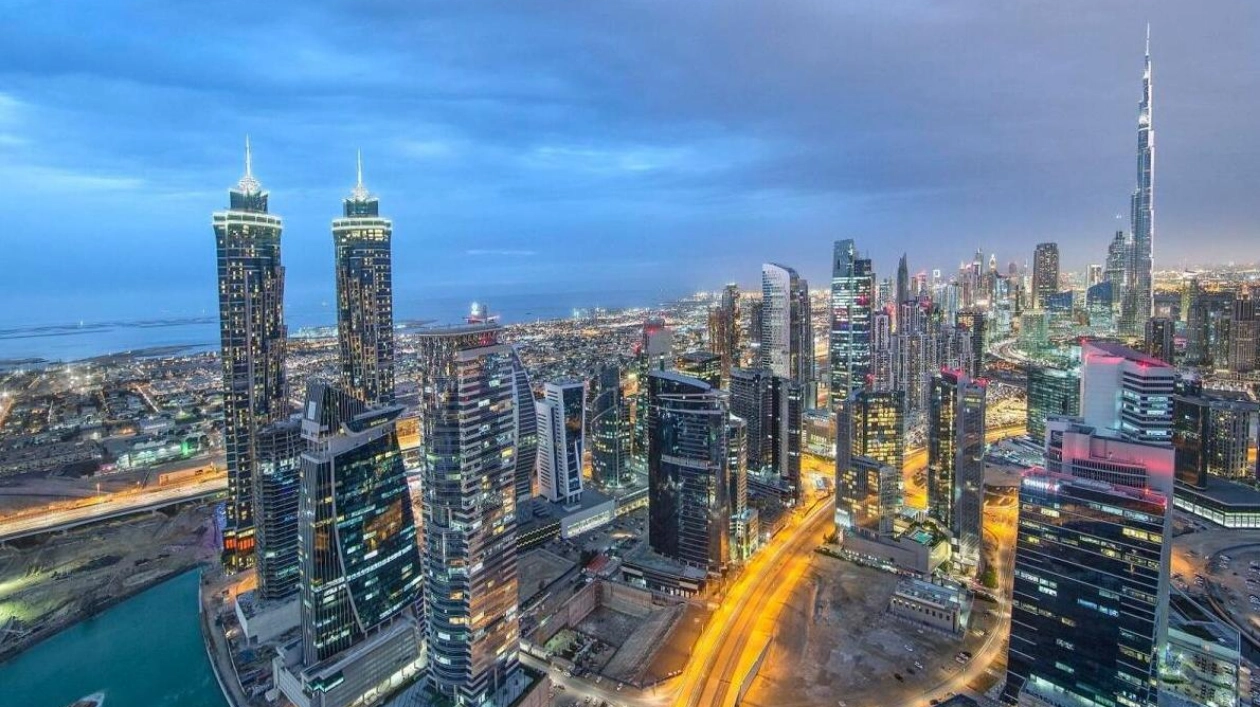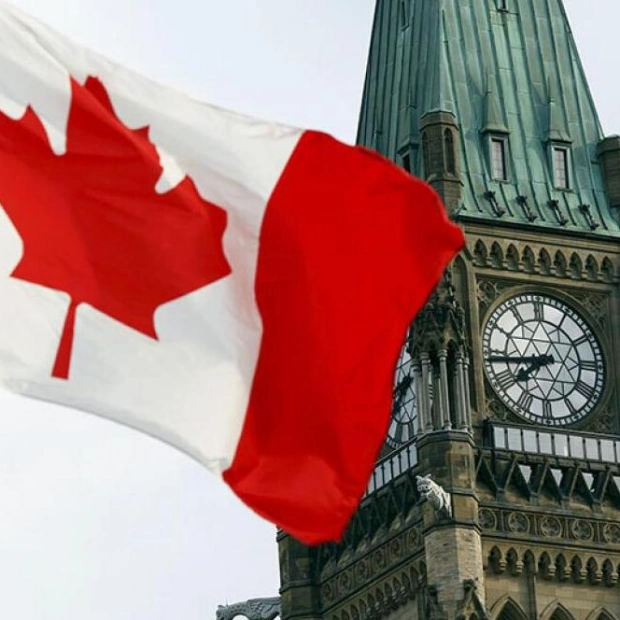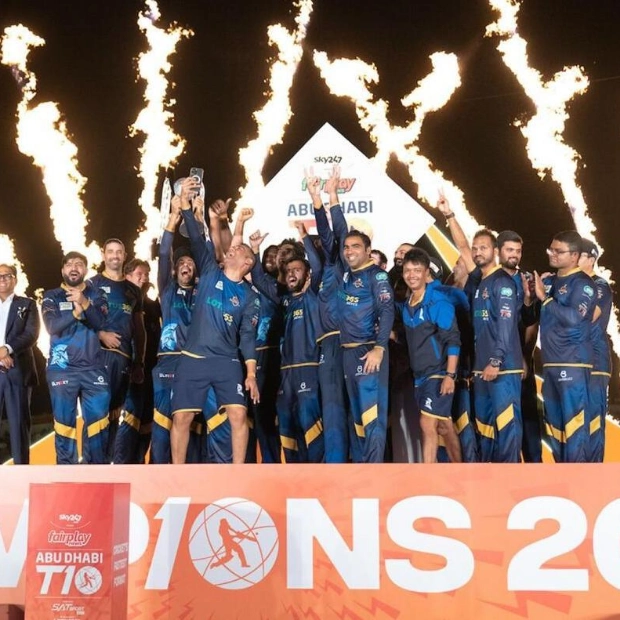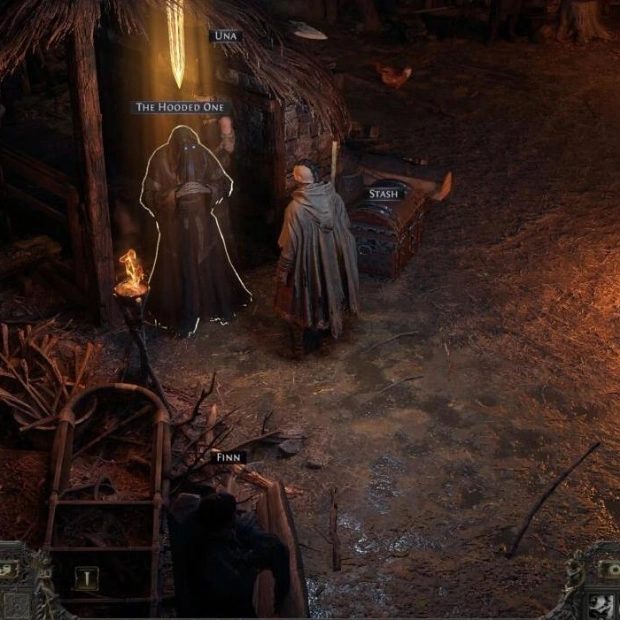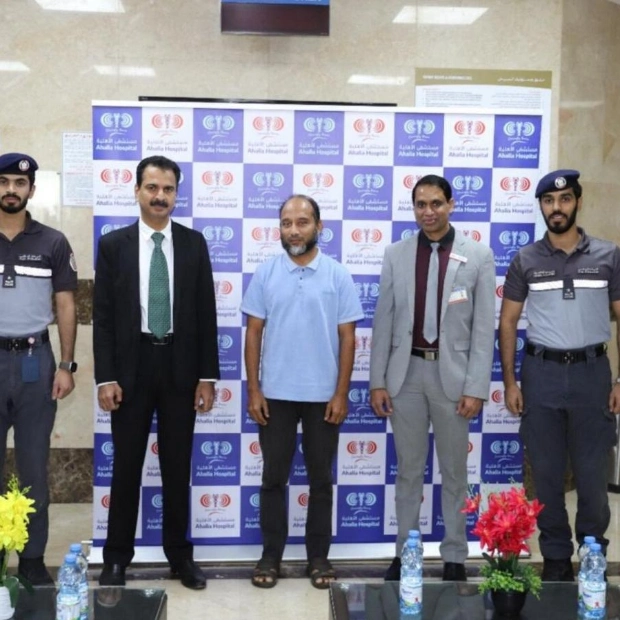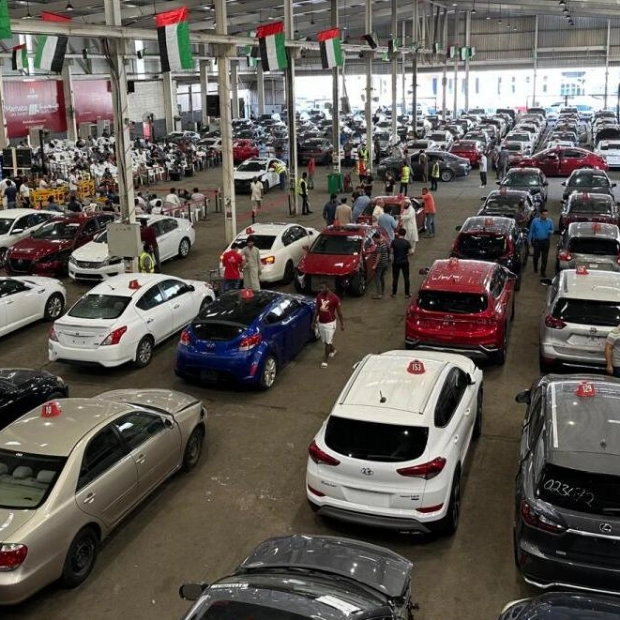Abdullah bin Touq Al Marri, Minister of Economy, has stated that the UAE is not concerned about the impact of regional political tensions on its tourism sector, citing the country's robust safety and security measures. Speaking on the second day of the Future Hospitality Summit in Dubai, the minister emphasized that the UAE's tourism sector is experiencing year-on-year growth and boasts the highest occupancy rates globally, indicating a strong sector.
"The UAE and the region have faced crises for decades. The UAE leadership maintains an openness policy, and we have one of the highest safety and security protocols in place. The UAE's exceptional safety measures are something we are proud of. Additionally, we observe that tourism numbers are increasing annually," Al Marri responded during a conference on Tuesday when asked about concerns regarding the regional conflict between Israel and Hezbollah.
Last year, the tourism sector contributed 12 percent to the UAE's GDP and provided approximately 800,000 jobs. "Our goal is to raise the tourism sector's contribution to 16 percent. We are progressing well. In the first half of 2024, UAE airports handled around 73 million visitors. There are 1,200 hotels in the UAE, accommodating millions of visitors." Hotel occupancy reached 80 percent in the first half, the highest globally. Al Marri noted the influx of new talent, growth in F&B, and the recent Michelin Star event in Abu Dhabi, highlighting numerous ongoing events.
The minister also mentioned that each emirate in the UAE offers unique competitive strategies and experiences for visitors. While Israel and Hezbollah are currently engaged in a military conflict extending into Lebanon, with Israel launching an invasion targeting Hezbollah, many hospitality industry leaders believe the conflict will have minimal impact on the Gulf region, as it remains limited to those two parties.
Prior to the Covid-19 pandemic, the UAE had a 70 percent international and 30 percent domestic tourist ratio. "When Covid-19 struck globally, we lost that 70 percent. We had to pivot and explore how to leverage domestic tourism. We aimed to achieve a 50-50 balance and utilized long school holidays and winter breaks for increased spending. We also reduced weekdays from five to four and a half days for economic reasons," Al Marri recalled.
"When we assessed the potential of domestic tourism, we launched the Coolest Winter Campaign. Domestic tourism is highly sought after in the UAE," he added.
